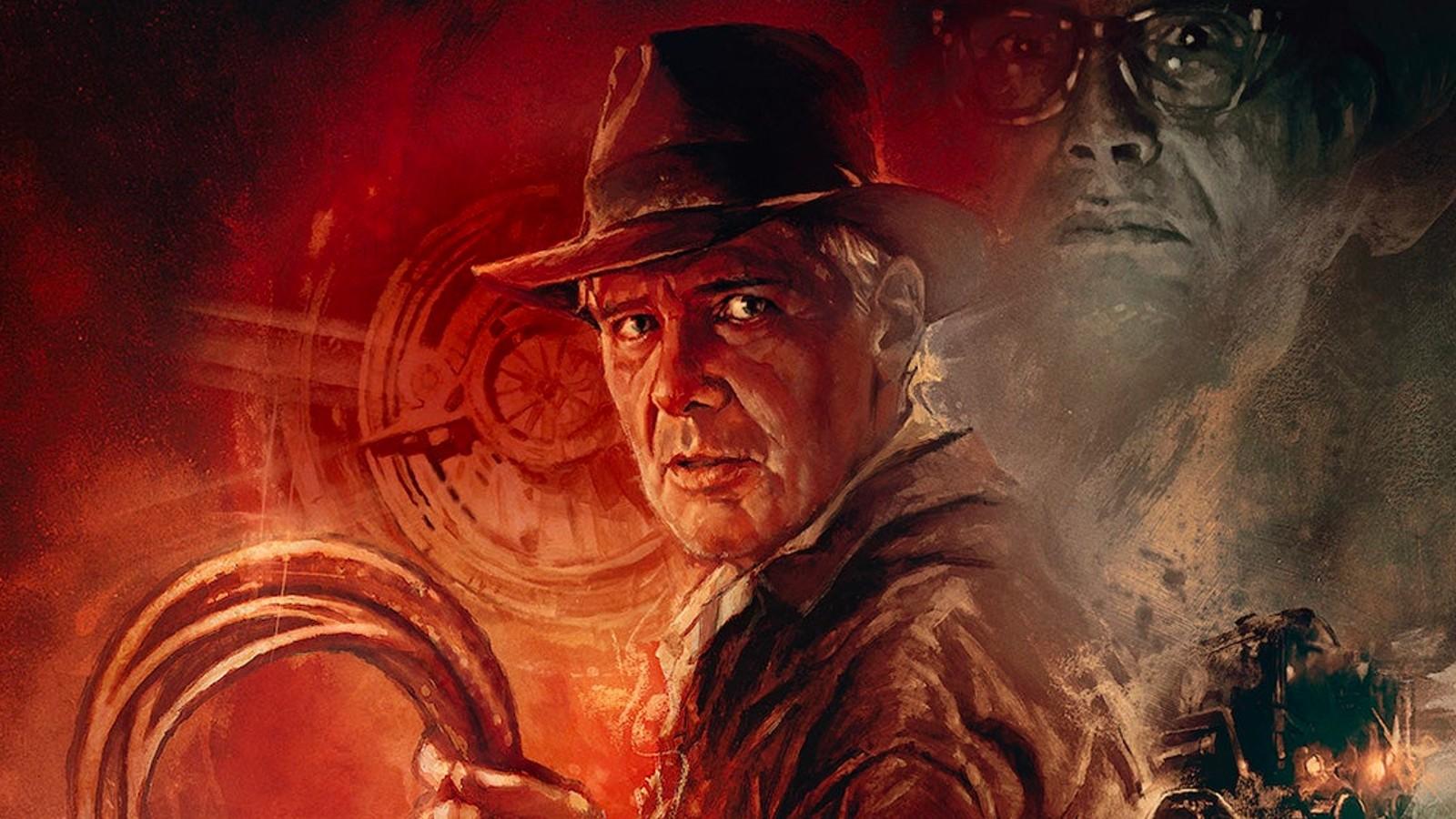Indiana Jones Sucks By Brett Keane
Title: Indiana Jones Sucks: How Political Agendas Can Ruin Movies
Introduction:
In the realm of entertainment, movies have always been a source of escapism and enjoyment for people around the world. They transport us to different worlds, thrilling adventures, and captivating stories. However, there are instances when the infusion of political agendas into films can overshadow the entertainment factor, leading to lackluster experiences for viewers. One such example is the beloved Indiana Jones franchise. In this blog post, we will explore how political agendas have affected the Indiana Jones movies, turning them into something far less enjoyable than their predecessors.
The Legacy of Indiana Jones:
Before we delve into the negative aspects, it's crucial to acknowledge the significance and impact of the Indiana Jones series. Created by George Lucas and directed by Steven Spielberg, these films, starting with "Raiders of the Lost Ark" in 1981, captured the hearts of audiences worldwide. They combined thrilling action, a charismatic hero in Indiana Jones, and an old-fashioned sense of adventure reminiscent of classic Hollywood. The franchise became a cultural phenomenon, with memorable characters, iconic scenes, and a sense of nostalgia that endured for decades.
The Downfall: Political Agendas Creeping In:
Unfortunately, as with many successful franchises, the temptation to inject political messages into the narrative can become too strong for filmmakers. In the case of the Indiana Jones series, this is evident in the fourth installment, "Indiana Jones and the Kingdom of the Crystal Skull" released in 2008. Many fans and critics were disappointed by the film's execution and felt it deviated from the spirit of its predecessors.
The inclusion of political agendas in "Crystal Skull" seemed forced and hampered the overall entertainment value. The film dealt with themes such as Cold War paranoia, the nuclear arms race, and government conspiracy, which were arguably relevant but took the focus away from what made the original films great. Instead of a thrilling archaeological adventure, viewers were bombarded with heavy-handed political undertones that overshadowed the story and character development.
The Negative Impact:
When political agendas take precedence over storytelling and character arcs, it can lead to a decline in the quality of the film. Audiences are often drawn to movies to be entertained, not preached to. The infusion of political messages that don't organically fit within the context of the story can feel forced and can alienate viewers who were initially invested in the franchise.
Moreover, when filmmakers prioritize political messaging over well-crafted narratives, it can result in one-dimensional characters who serve as mere mouthpieces for the agenda being pushed. This dilutes the depth and complexity that audiences expect from beloved characters like Indiana Jones, reducing them to vessels for political ideologies rather than fully fleshed-out personalities.
Finding the Balance:
Filmmakers should aim to strike a balance between addressing societal issues and delivering an entertaining experience. When political agendas are subtly weaved into the narrative and complement the story rather than overpowering it, the result can be a thought-provoking and engaging film.
Conclusion:
The Indiana Jones franchise, while once a paragon of adventure and excitement, has fallen victim to the intrusion of political agendas into its storytelling. Movies like "Indiana Jones and the Kingdom of the Crystal Skull" suffered from the forced inclusion of political messages, compromising the entertainment value and diluting the beloved character of Indiana Jones. It serves as a cautionary tale of how political agendas, when not delicately handled, can detract from the magic of cinema. Filmmakers should be mindful of this delicate balance, ensuring that politics do not overshadow the primary goal of entertaining audiences and telling captivating stories.





